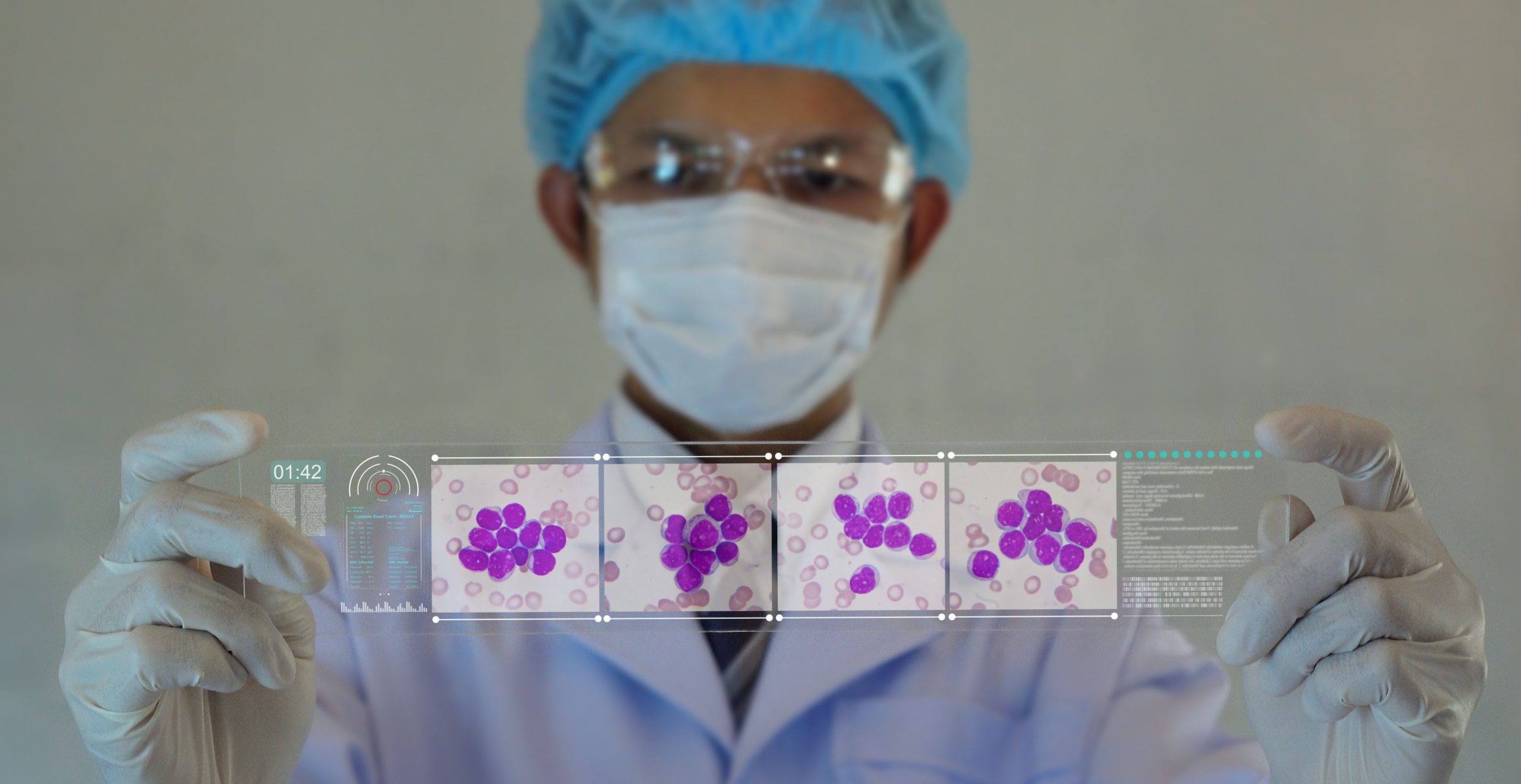Available treatment options for cancer patients are “falling well behind the international standard of care”, the National Cancer Control Programme (NCCP) executive management team has heard.
At its meeting on 11 May, the minutes of which were seen by the Medical Independent (MI) through Freedom of Information law, the new NCCP advice for patients receiving systemic anti-cancer therapy was discussed.
The meeting heard how a briefing note was presented to the HSE Chief Clinical Officer Dr Colm Henry on additional treatment options that would support the ongoing care of patients with cancer.
“The response indicates that it is unlikely that there will be any treatment options agreed outside of the HSE reimbursement process,” according to the minutes.
Approval for new drugs was deemed necessary to prevent the need for some patients to attend cancer wards as a result of Covid-19.
The HSE had written to the Department of Health on new drug fundings.
“It was noted that the treatment options now available are falling well behind the international standard of care,” the minutes stated.
During its meeting on 6 April, reference was made to how “day ward movements are being tracked and there are challenges in accessing phlebotomy without attending hospitals”.
NCCP National Advisor for Medical Oncology Prof Maccon Keane reported how individual sites had been able to maintain ‘Covid-free’ zones for patients with cancer.
“A variety of changes to drugs have been put through to reduce frequency of patients coming to wards,” according to the April minutes.
“There is prioritisation of testing for patients who are on treatment to ensure they can continue with treatment. Day wards are coping with reduction in managing patients and effectively treating patients who are clear. There are issues around febrile neutropaenia patients.”
Concerns regarding cancer surgery were also discussed, particularly in University Hospital Limerick.
“Limerick have highlighted that they are having issues with surgery and they do not have a plan developed and do not have a private hospital to connect with,” the minutes outlined.
Overall, the meeting heard how there were difficulties performing cancer surgery due to the pandemic.
“There is a real concern on operating on asymptomatic Covid-19 patients. Oesophageal is still being done, with CT scans being done in advance. Volume of surgery is down approximately 70 per cent,” according to the minutes.
The volume of head and neck cancer surgery had declined due to “aerosolisation risks” and there were also fewer neurology surgical procedures “due to risks of drilling and also aerosolisation”.
At the May meeting, the importance of outsourced cancer surgery to private hospitals returning to the national cancer centres was highlighted.
MI recently reported how plans for the further centralisation of surgical oncology had been disrupted by the Covid-19 crisis.
The NCCP had been developing implementation plans for the centralisation of surgical services before the pandemic hit Ireland.
“The NCCP was at the stage of convening national governance groups, linking with the Hospital Groups management and clinical directors to develop implementation plans for each area,” a HSE spokesperson told this newspaper in April.
“Unfortunately, this work has been disrupted by the current Covid-19 crisis and its impact on all surgical activity across the health service.”













Leave a Reply
You must be logged in to post a comment.